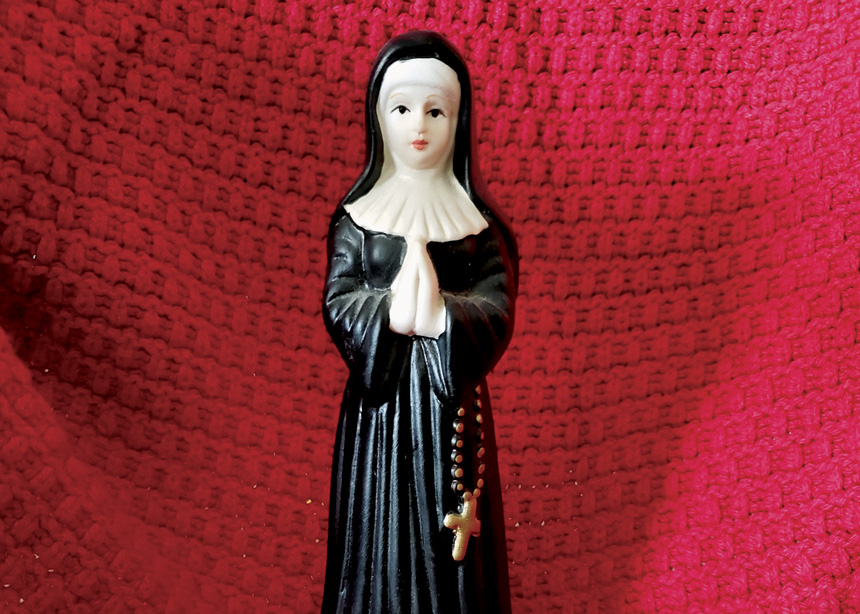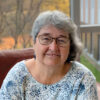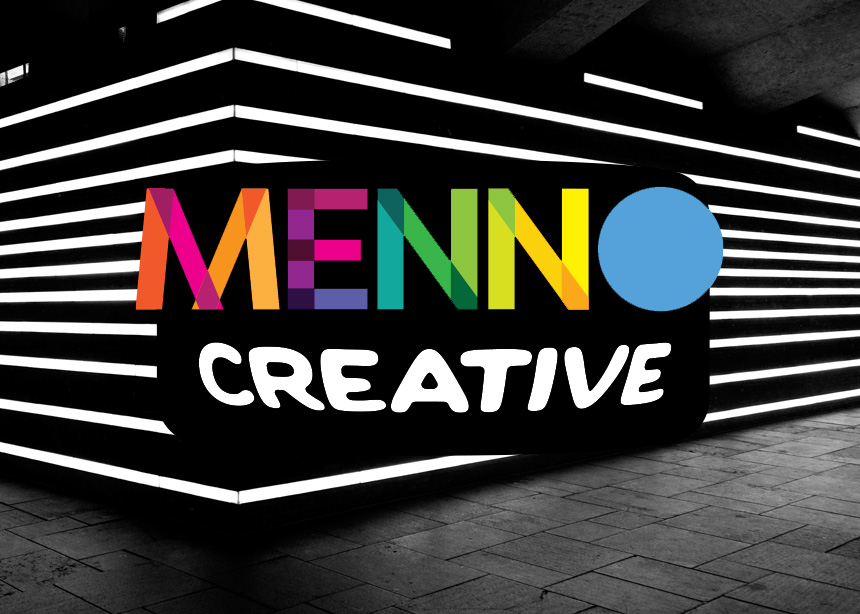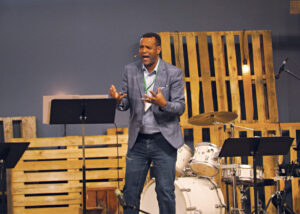Gloria* communicated with loud and disruptive noises. Her face was disfigured. Everything about my mother’s cousin revealed her disability—and yet one gesture reflected her ability to love.
Gloria was born at a time when people with developmental disabilities were ostracized from society. I rarely saw her, even though her father went to the same church I did. Once when I was a young girl, I was playing outside at a family reunion when I ran to look for the comfort of my mother. Instead, I was swooped up into Gloria’s arms. Although I was too startled and scared to know what to do, years later, I realized Gloria had given me a spontaneous and spirited gift. Her gift of acceptance helped me find my place in the big and unknown world. She would share this gift with anyone who was willing to receive it.
I also found acceptance from my cousin, Perry. Although he had Down syndrome, I did not perceive him as being disabled or even different. Perry was just Perry. He was close to my own age, and I saw him regularly. As cousins, we enjoyed running after one another. One Sunday, the chasing occurred after a delicious supper of pork and beans. When he caught me, Perry displayed his affections by leaving a wet kiss on my cheek, along with the brown, sticky sauce left on his face after supper. As his face rubbed against mine, I was filled with disgust and delight simultaneously. But Perry showed his free acceptance towards me as he offered his gift of loving relationship.
These experiences shaped who I would become and how I would see myself in the church.
I was volunteering in a Mennonite Central Committee day program for adults with developmental disabilities when I met Marilyn. Her bright brown eyes were her dominant feature. As we got to know each other, I could see how my presence ignited a spark in those eyes. When she saw me enter the room, she would stop what she was doing and run with open arms to meet me, calling out her enthusiastic version of my name, “Melodeedee! Melodeedee!”

At first, I did not appreciate the attention, but, with time, I began to learn how to receive the gift Marilyn gave when she singled me out. She helped me to see that I was valuable, and that I did not have to do anything to earn her unconditional friendship. I was a friend of hers and a child of God. I needed to accept that identity.
Carol Ann was a client in the group home where I later worked as a counsellor. As we walked along the street one summer day, I basked in its beauty. I chatted about the sound of the birds singing, the smell of the newly cut grass, and the sensation of the gentle breeze on our faces. I rambled on for the longest time before asking her what she thought. I was not expecting a response since she rarely said anything more than an occasional, muffled, monotone syllable. Yet Carol Ann chose to add to the conversation that day. I was elated! I eagerly acknowledged her contribution and gave her time and space to share what she wanted to say: “Melody going on a walk with me.” I was dumbfounded. Carol Ann clearly and concisely summarized exactly what we were doing at the moment on our common path. Her poignant and prophetic words collided at various levels within me, giving me vitality and vision. I had been created to be beside her as a friend and companion, neither ahead nor behind her as a professional caregiver. The gift of journeying with Carol Ann, and others like her, would epitomize our vocation together.
So, what is our vocation?
We are to live out the calling of the church. For me specifically, that looks like being in meaningful relationships with others and helping each other grow in relationship with Jesus. I believe we are to encourage and to show all people ways to be a part of the church, regardless of their abilities and challenges. This must include people with developmental disabilities. It involves welcoming the gifts they have to offer within the church.
Let me tell you another story. Years ago, after I graduated from Anabaptist Mennonite Biblical Seminary, I did a one-year chaplaincy placement in New Jersey. One of the highlights of that year was going to mass with Carol and her boyfriend on Saturday evenings. During our last evening together, Carol gave me a figurine of a nun. What she said made it extra special. Because of her stuttering, I could not discern exactly whether she wanted to be a nun, wanted to grow closer to Jesus or was saying our time together had helped her to grow closer to Jesus, and yet I understood her desire to show more of her love to Jesus in her life. The invitation was there for Carol, even if I would not see how that call developed after I moved away. I believe the call and invitation are there for others who have developmental disabilities to attend to and to pursue. I still think of and pray for Carol each time I look at the figurine.
There is something in these stories for all of us in the church. I believe acceptance, relationship, identity, vocation and calling are gifts to be realized and recognized for all people in the church. We can all give and receive as fellow friends of Jesus. Each person, regardless of their abilities and challenges, must be given opportunities to share their gifts and to belong in meaningful ways.
I invite you to look ahead with me to the next six issues of Canadian Mennonite in which I will share stories of people with disabilities and their experiences within the church.
*Names have not been changed to honour the lives of people mentioned.








Leave a Reply
You must be logged in to post a comment.